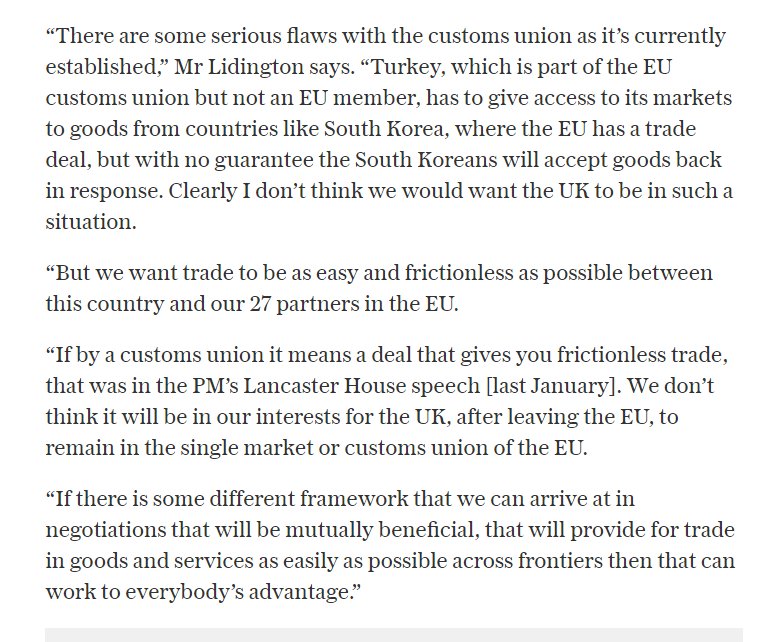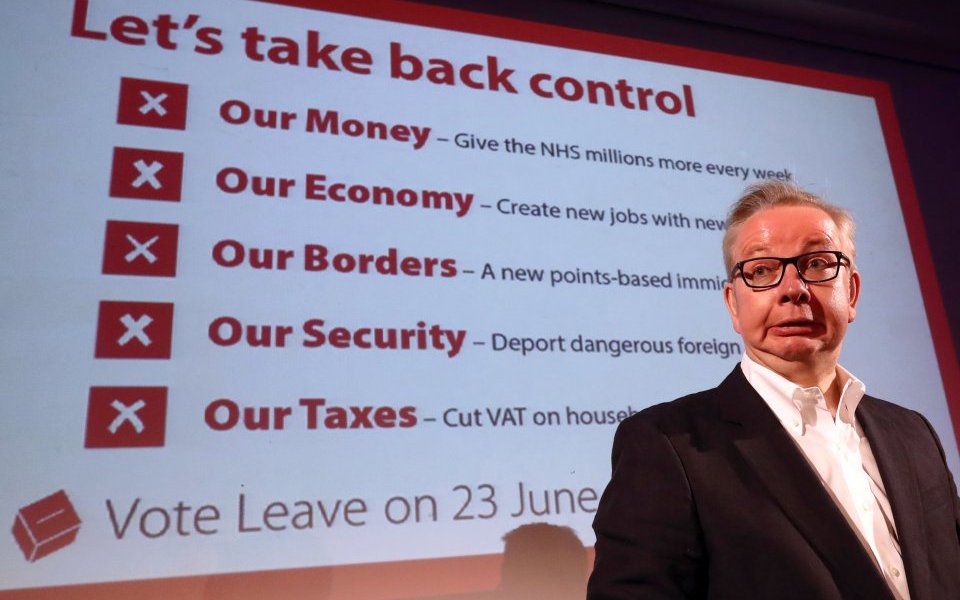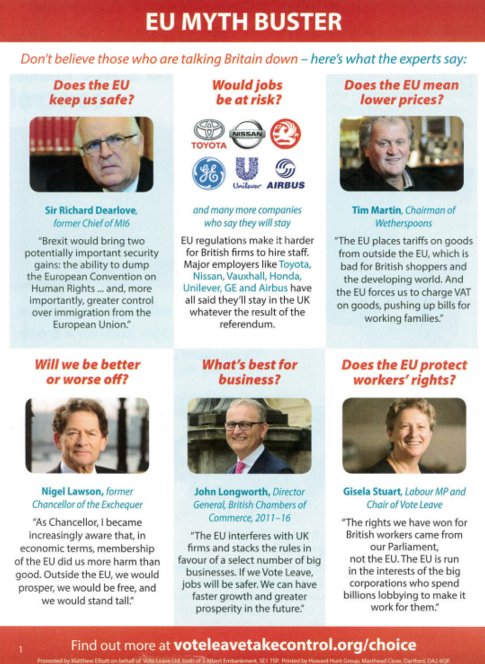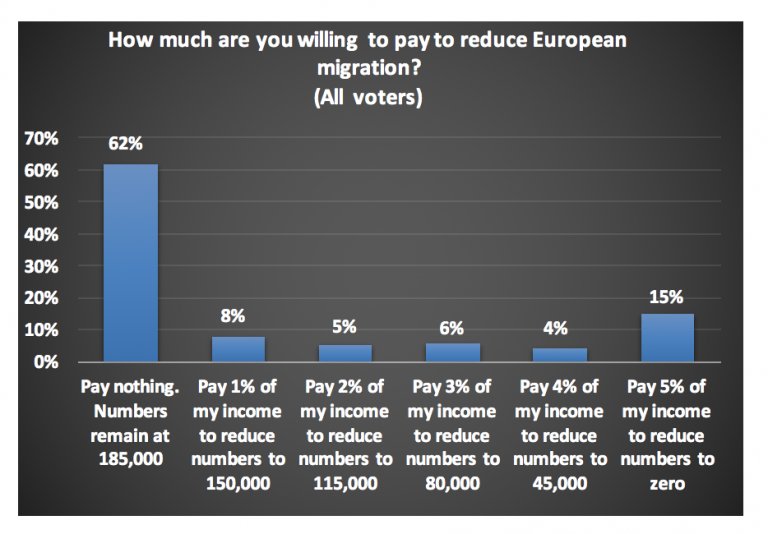uktradeinfo.com/Statistics/Ove…
fullfact.org/europe/does-mo…
fullfact.org/europe/uk-eu-t…
fullfact.org/europe/UK-EU-t…
Looking at the top 10, 4 of those (Germany, UK, France and Italy) are in the EU.
ustr.gov/trade-agreemen…
China has more FTAs under negotiation or consideration:
fta.mofcom.gov.cn/english/index.…
mofa.go.jp/policy/economy…
international.gc.ca/trade-commerce…
sice.oas.org/ctyindex/BRZ/B…
indiantradeportal.in/vs.jsp?lang=0&…
un.org/ldcportal/glob…
ec.europa.eu/world/agreemen… States of America&countryFlag=treaties
ec.europa.eu/world/agreemen…
ec.europa.eu/growth/single-…
EBA countries do not lose EBA status if they enter into an FTA with the EU
tradebetablog.wordpress.com/2018/07/18/doe…






